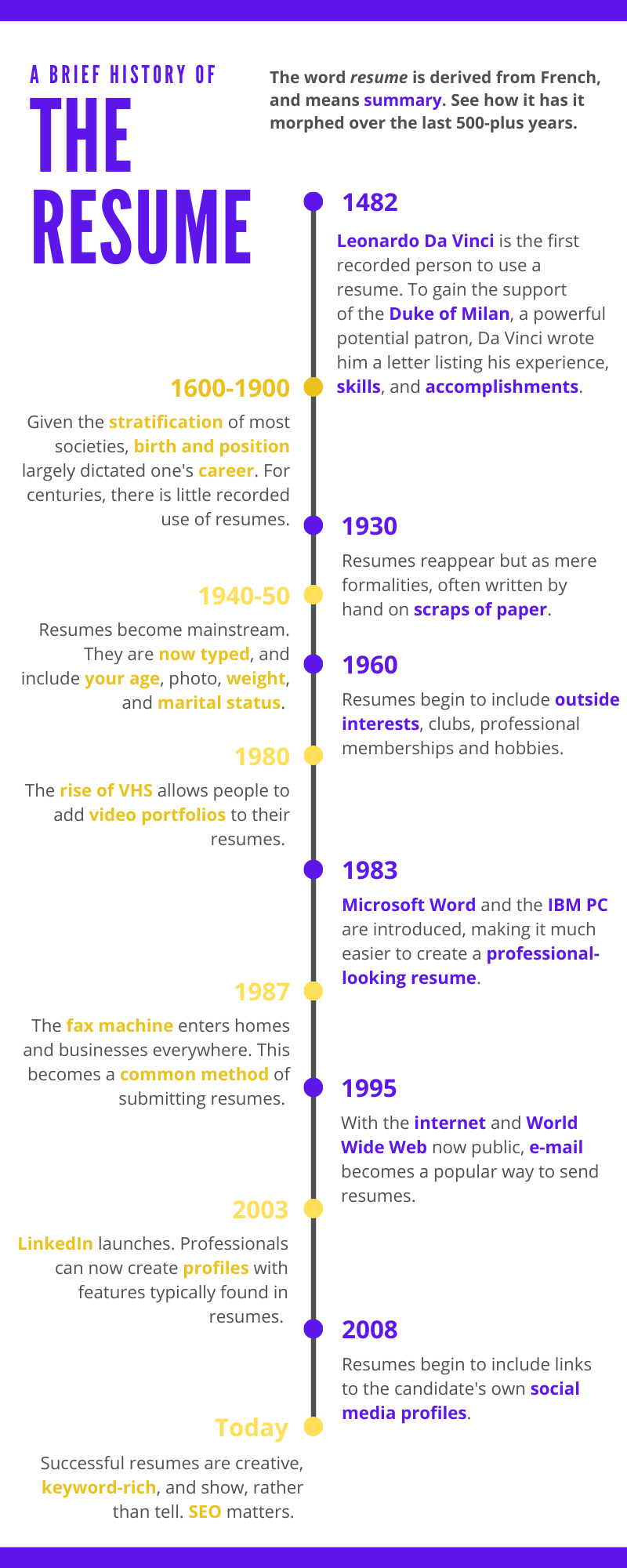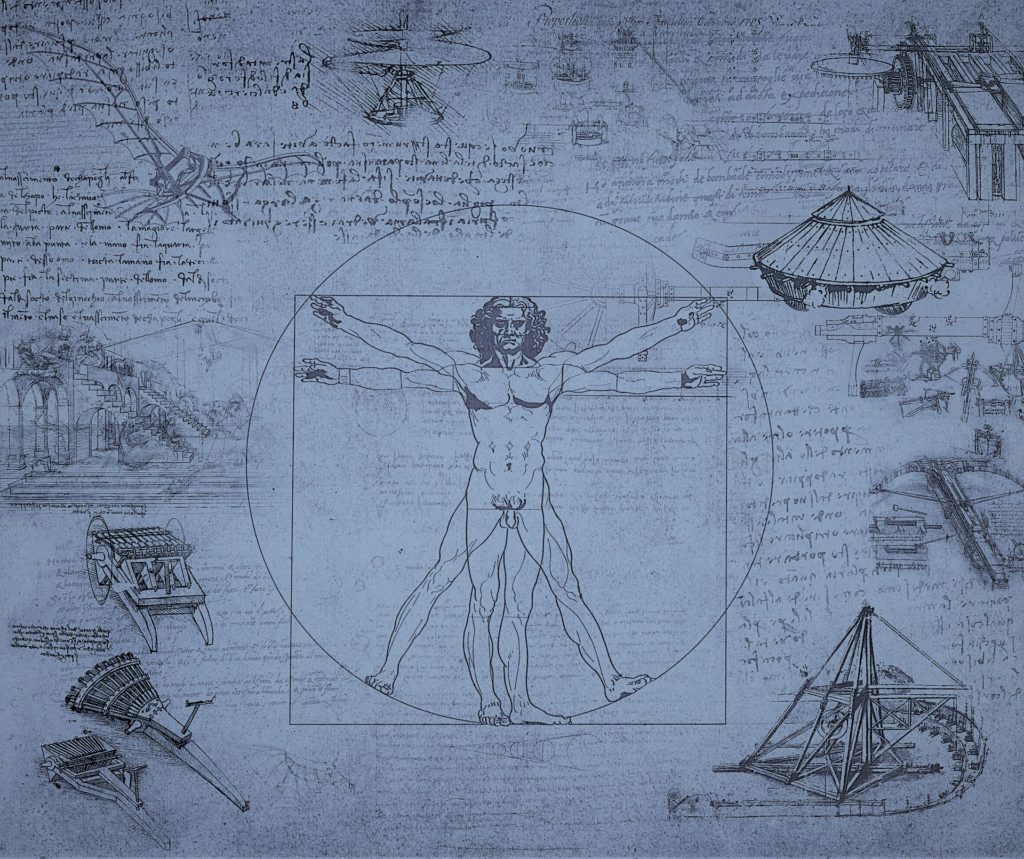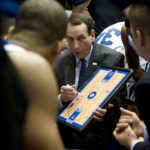“It had long since come to my attention that people of accomplishment rarely sat back and let things happen to them. They went out and happened to things.” ― Leonardo da Vinci
By Yvonne Milosevic
Is your resume up to date? Raise your hand if you can now list “Streaming Media Specialist” at the top of your COVID-19 era CV. This week, we’re taking a stroll down Memory Lane to share the fascinating history of the resume. It’s a tale that goes back more than 500 years, and first starred Leonardo da Vinci, of all people.
For anyone planning to maximize their productivity in quarantine by retooling their resume, you can check out these tips from Harvard Business Review. But for now, let’s hit the highlights of how this skills-summarizing document has changed since the Renaissance era.

What will the resume of the future look like?
Quartz at Work predicts future resumes will focus on telling potential employers who you are rather than what you’ve done. Others foresee the resume becoming more like an online profile—filled with an array of information—than a one-page work history summary. Inc., meanwhile, says AI will change the way we write (and read) resumes.
“After analyzing thousands of resumes, AI will be able to generate career maps for individuals. These career maps will inform individuals of other careers or industries they are a fit for, estimated timelines for promotion, or how much money they are likely to make in the future,” Ryan Jenkins writes.
Whether the resume as a job-seeking tool will die off completely is a hotly debated subject. But if it does survive, we can safely predict resumes will change more in the next 20 years than they have in the last 200.
***
If your resume is already in fine form, it’s time to go beyond the expected with your LinkedIn profile. We’ve got two strategies that will attract more recruiters and can give you a career boost.



